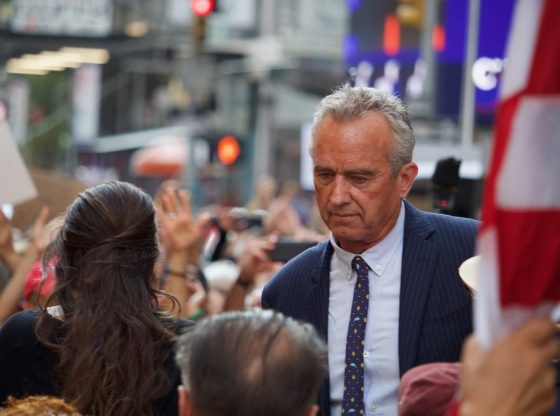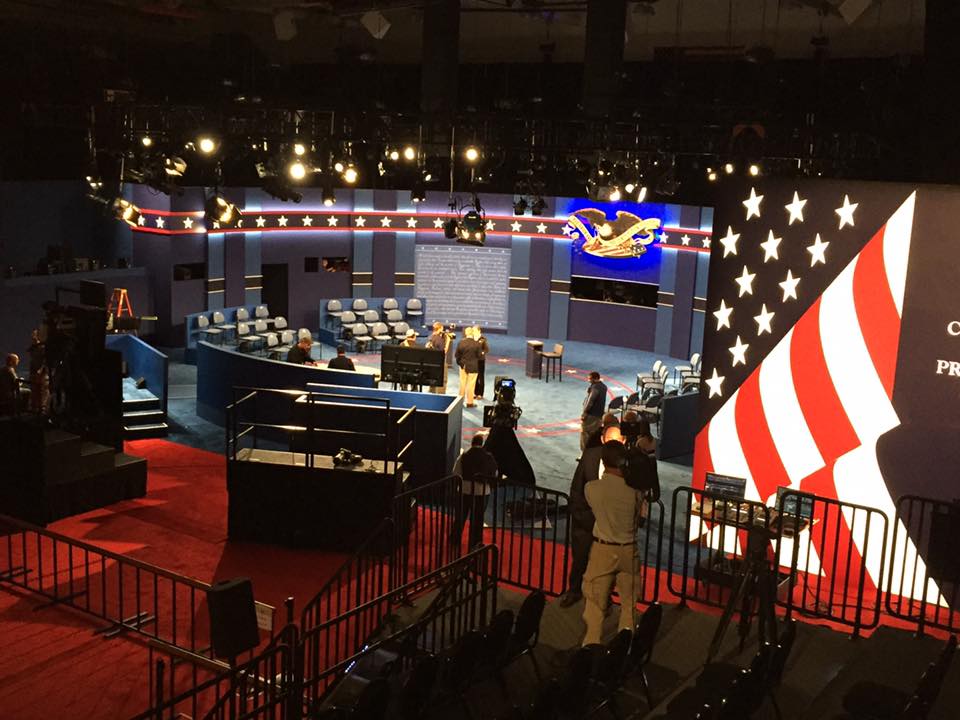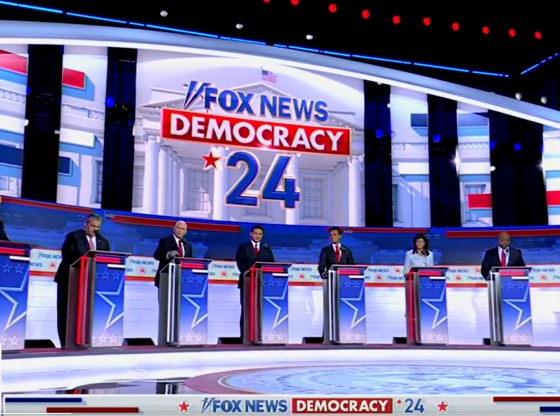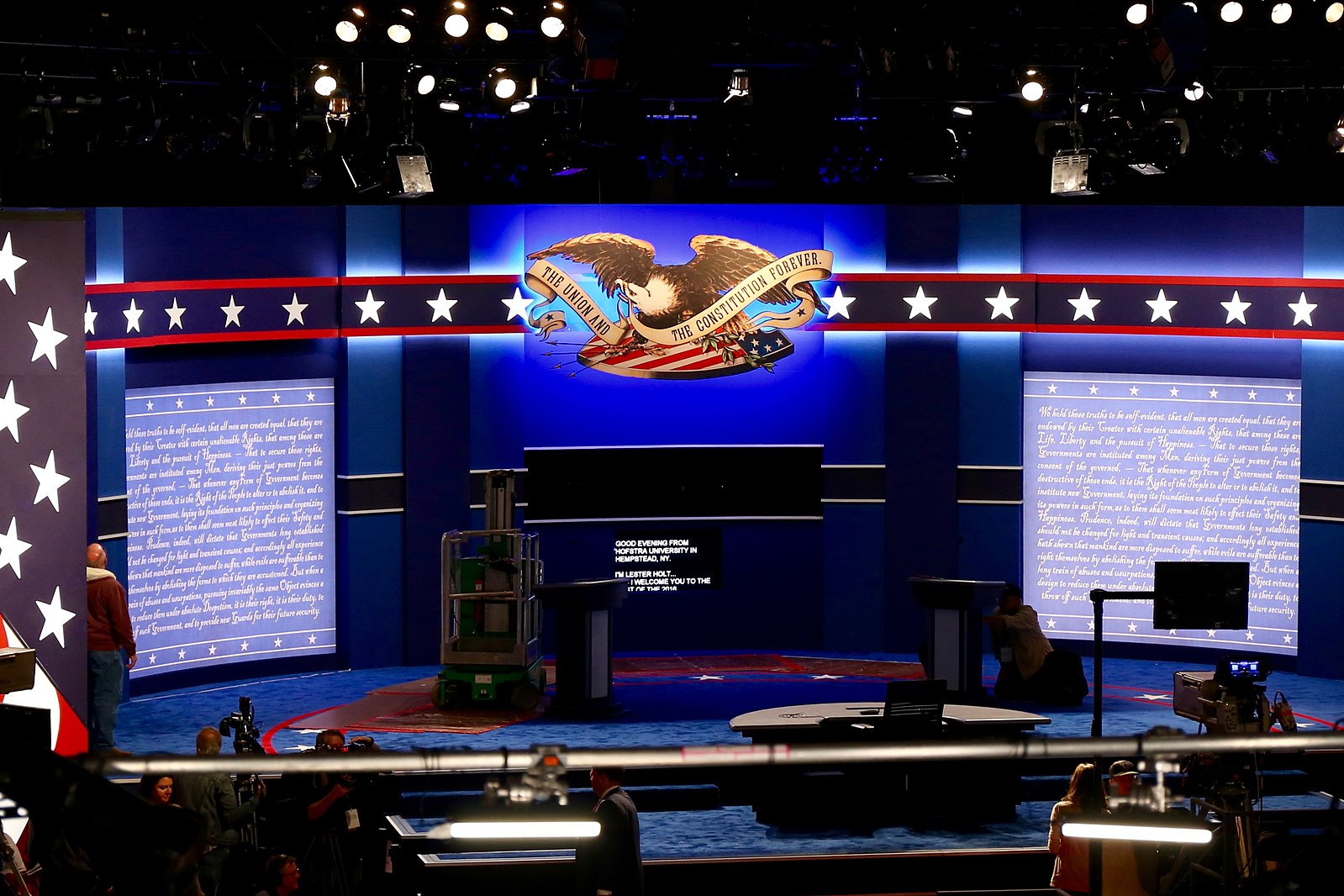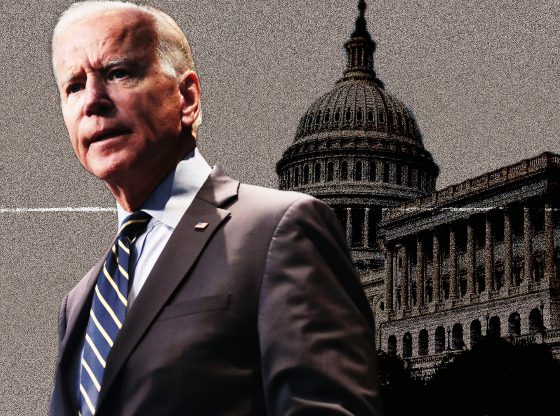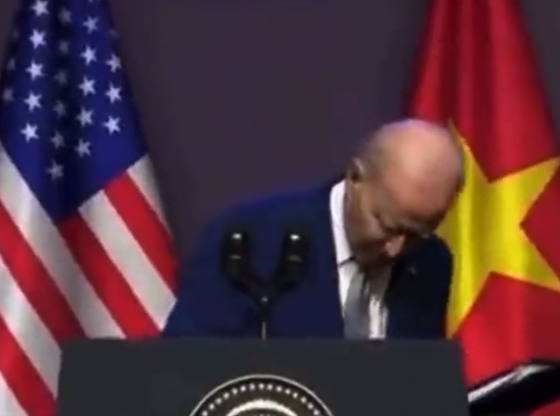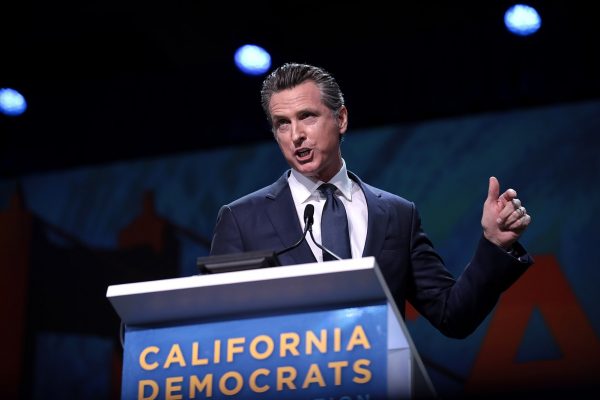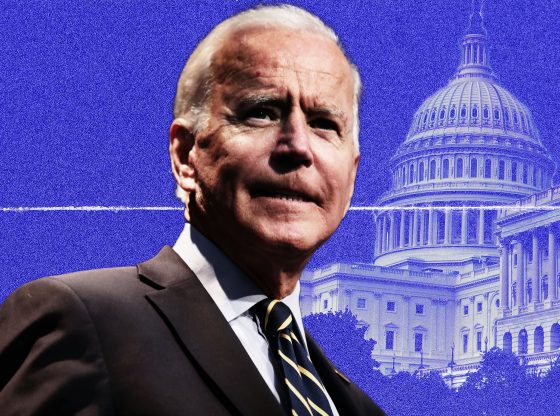The Trump Effect
In the inaugural 2024 GOP primary debate, Donald Trump’s absence was palpable among the eight Republican contenders vying for an edge against him. Opting to skip the debate, Trump’s decision appeared strategic, bolstered by his commanding 40-point lead in recent polls.
Meanwhile, Trump’s interview with Tucker Carlson on X (formerly referred to as Twitter) amassed an astonishing 80 million views in just one hour. Remarkably, in less than 12 hours, the interview’s viewership surged past 180 million, steadily progressing towards the 200 million mark. This accomplishment of the Trump and Tucker interview quickly overshadowed the viewership of the GOP debate, making Trump potentially the night’s biggest winner.
Ep. 19 Debate Night with Donald J Trump pic.twitter.com/ayPfII48CO
— Tucker Carlson (@TuckerCarlson) August 24, 2023
During the debate, which spanned two hours, it was Nikki Haley, the ex-governor of South Carolina, who predominantly addressed Trump. She rebuked him for increasing the national debt by $8 trillion and chided fellow Republicans for their fiscal recklessness. Yet, this move backfired; President Biden seized upon her comments to lambast Trump. This has led to some discomfort among GOP supporters, with many perceiving Haley as handing ammunition to Biden against the probable GOP nominee, Trump.
What she said. pic.twitter.com/GvDRWUI1hK
— Joe Biden (@JoeBiden) August 24, 2023
Trump’s behavior became the primary topic of discussion only when Chris Christie and Asa Hutchinson expressed their hesitations about backing a convicted Trump. This made many wonder why these two seemingly anti-Trump candidates even chose to participate, given that they’d likely endorse Trump in the end regardless.
Vivek Ramaswamy’s Dominant Presence
In the void left by Trump, Vivek Ramaswamy rose as the primary focus. Even as a relatively new contender, he adeptly navigated the criticisms thrown at him by Pence and Christie. Impressively, he staunchly defended Trump and succeeded in holding the audience’s attention for the majority of the debate. Nikki Haley, however, took issue with Ramaswamy’s perspective on Russia’s invasion of Ukraine. She charged him with siding with “a murderer over a pro-American nation” and highlighted his inexperience in foreign policy.
One of the main critiques of Ramaswamy was his demeanor on stage. As sharp, shrewd, and reactive as he might be, he has a noticeable weakness: he’s not combative or confrontational when in the spotlight.
This limitation allowed other candidates to overshadow him during the discussion, and he often chose to patiently listen before rebutting with his own viewpoint. This approach starkly contrasts Trump, who typically commandeered the debate stage, often disregarding the moderator and not letting himself be interrupted. To gain an edge in the subsequent debate, Ramaswamy needs to exhibit a more aggressive stance. Given the likelihood of DeSantis, Pence, and Haley intensifying their strategy against him, he must ensure he’s not perceived as easily overshadowed.
The group is asked if they would pardon Donald Trump. Vivek Ramaswamy immediately raises his hand while everyone else looks timid.
Do you believe Vivek won tonight? #GOPDebate https://t.co/drh3Jh6SE4
— TEAM USA 🇺🇸 (@__TEAM_USA) August 24, 2023
Ron DeSantis, the Governor of Florida, seemed surprised by Ramaswamy’s presence on the stage. Despite DeSantis’s attempts to position himself as the primary opponent of COVID-19 shutdowns, he couldn’t make a significant mark. This was particularly striking since it was revealed that DeSantis’s primary strategy for the debate was to target Ramaswamy. Yet, it seemed that the Trump-alined Vivek Ramaswamy emerged more dominant.
Pence and the January 6th Decision
The actions of former Vice President Mike Pence during the January 6th Capitol insurrection drew a broad consensus among his peers. A palpable undercurrent of sympathy for Pence was apparent, even as the ambiguous threats from that day continued to be a topic of national debate discourse, notwithstanding the diminishing public interest.
Presently, about 70% of GOP candidates harbor doubts about the security and integrity of the 2020 U.S. Presidential election. Even those conceding Biden’s legitimate victory express concerns over the potential for widespread issues stemming from COVID-19 and legislative changes that could have introduced voting irregularities, thereby affecting the election process.
Addressing January 6 and the 2020 U.S. presidential election necessitates a delicate touch for the candidates. Relying on the media’s assertion that it was “the most safe and secure election in history” may not resonate with the electorate, given that a significant segment remains skeptical.
Being perceived as siding with the Democrats and mainstream media on the 2020 U.S. Presidential election narrative might be a perilous path, given the prevailing sentiment among a large proportion of GOP voters.
On the matter of Pence’s actions during the Capitol insurrection, several candidates, including Tim Scott, Chris Christie, Nikki Haley, Doug Burgum, and Ron DeSantis, voiced their endorsement. Christie, in particular, lauded Pence for valuing the Constitution over personal political pressures.
Fox News
The debate’s management by the channel drew criticism, with candidates regularly disregarding the set rules. The moderators, Bret Baier and Martha MacCallum, appeared to struggle to control the participants, inadvertently casting Trump’s past unruly behavior in debates in a more commonplace light.
Fox News might indeed be feeling the pressure after witnessing the staggering viewership figures from Trump’s interview with Tucker Carlson. Airing merely 5 minutes before the GOP debate at 8:55 p.m., the interview accumulated a remarkable 80 million views within an hour. Such viewership is typically reserved for mega-events like the Super Bowl. The astounding reach of the Trump-Carlson interview suggests that digital platforms and social media might indeed represent the future of broadcast. Companies would undoubtedly be willing to pay premium prices for advertising slots in content that can capture the attention of 80 million viewers in under an hour.


